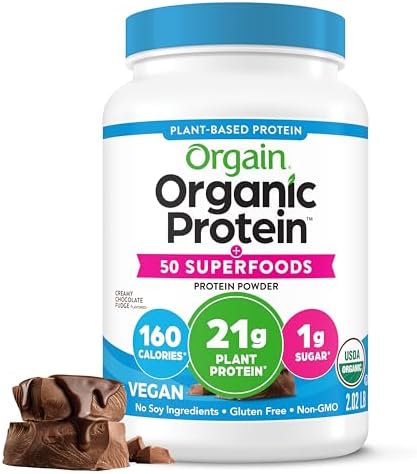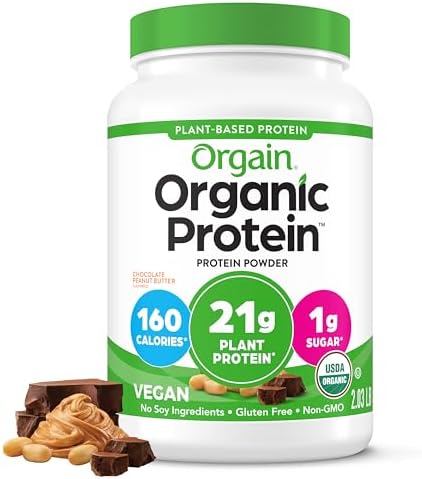Keto for Vegetarians and Vegans: Thriving on a Plant-Based Ketogenic Diet
This post may contain affiliate links. If you purchase through these links, I may earn a small commission at no extra cost to you. LEARN MORE.
Embracing a ketogenic diet while maintaining a vegetarian or vegan lifestyle might seem challenging at first.
Yet, with the right guidance, it’s possible to enjoy the benefits of ketosis without compromising plant-based principles.
A vegetarian or vegan ketogenic diet involves limiting carbohydrate intake while prioritizing plant-based protein and healthy fats. This balance supports ketosis and can lead to improved energy and a more efficient metabolism.
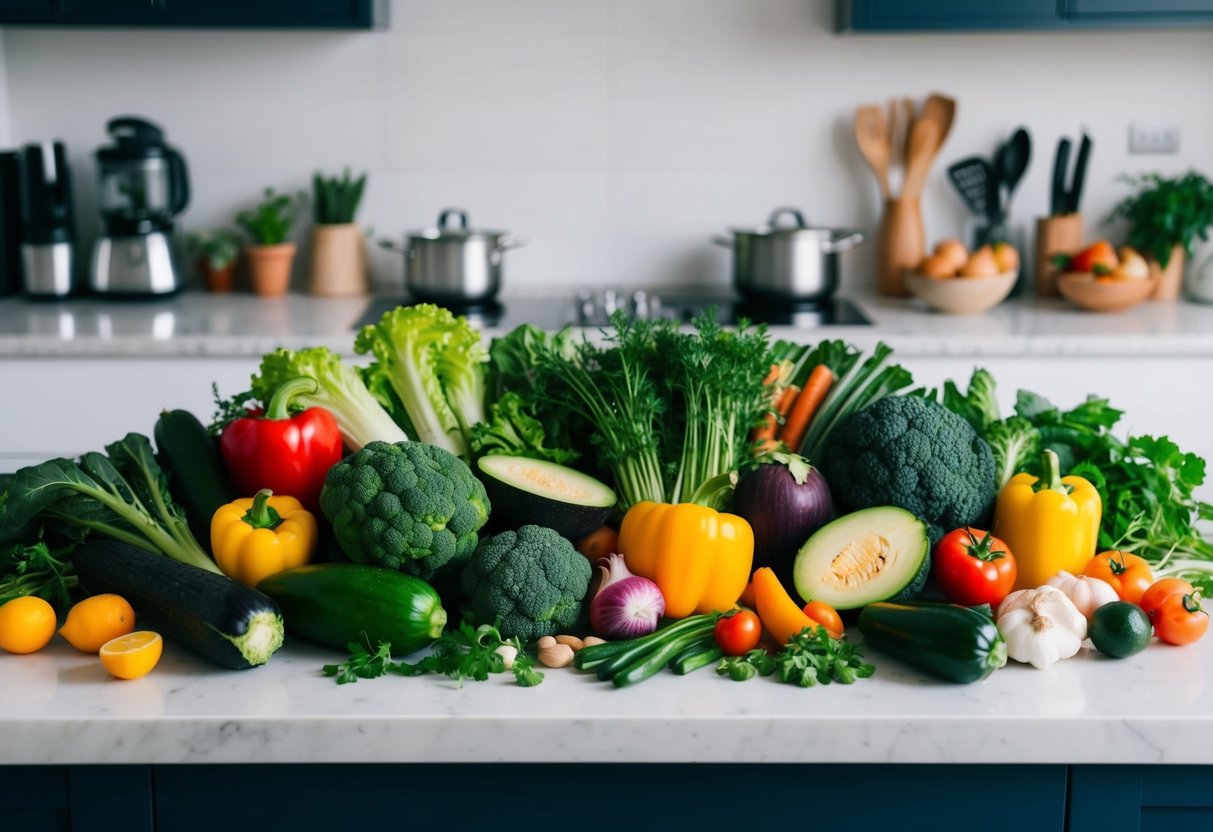
For those new to the idea, a vegan or vegetarian keto diet asks for creativity in meal planning, ensuring a diverse intake of nutrients.
This approach not only allows for the health benefits associated with ketosis but also aligns with ethical and personal dietary choices.
With the careful selection of suitable foods, one can enjoy satisfying meals that are entirely vegan or vegetarian while staying in ketosis.
Finding suitable plant-based protein sources is crucial for success.
Foods like tofu, tempeh, nuts, seeds, and certain dairy products (for vegetarians) are excellent choices.
By incorporating these into daily meals, individuals can thrive on a plant-based ketogenic diet, sustaining both their nutritional needs and ethical values.
Looking for a personalized approach? Discover the benefits of the Custom Keto Diet for tailored meal plans and guidance.
Key Takeaways
- Vegetarians and vegans can successfully maintain ketosis by balancing carbohydrate intake with plant-based proteins and healthy fats.
- Proper meal planning and diverse nutrient intake are essential for thriving on a vegetarian or vegan keto diet.
- A variety of plant-based protein sources help sustain ketosis and provide necessary nutrients.
Understanding Keto for Vegetarians
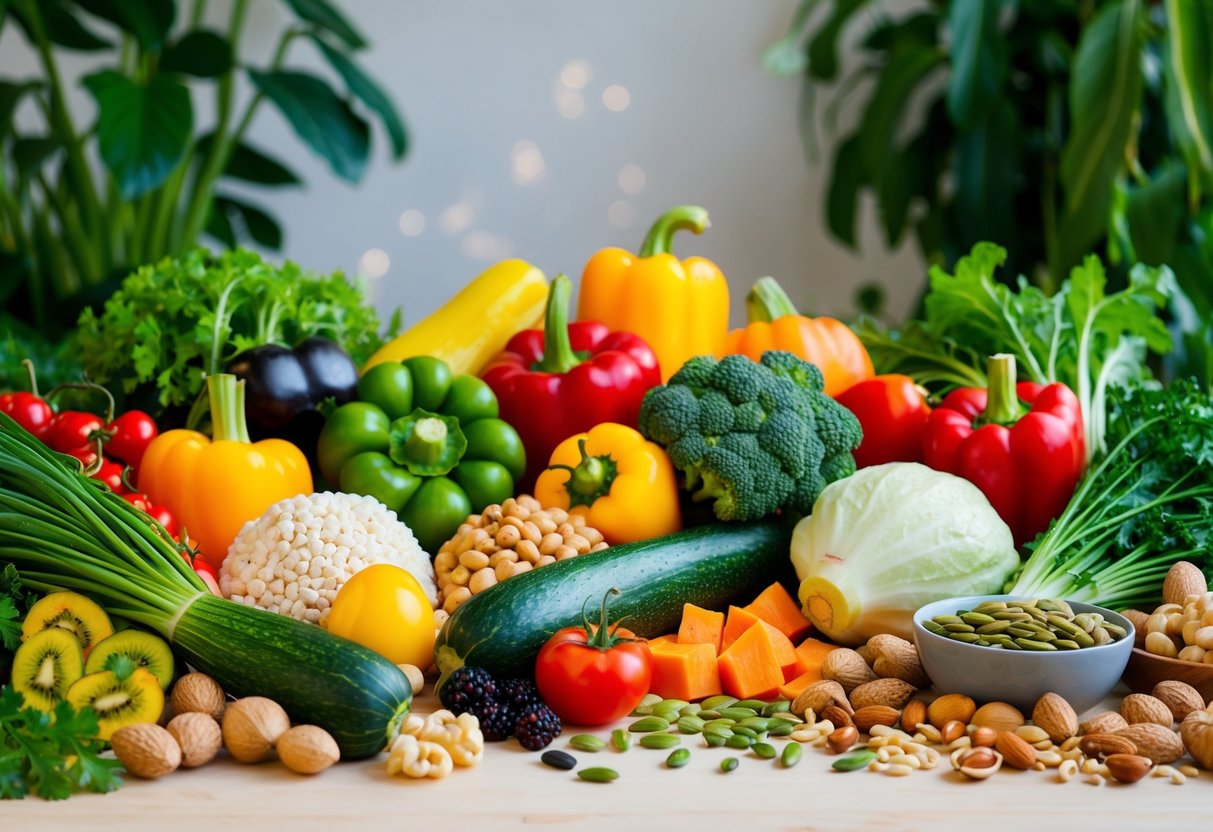
Exploring a vegetarian ketogenic diet involves understanding ketosis and how it applies to a plant-based lifestyle. This approach emphasizes low-carb, high-fat eating with adaptations for vegetarians and vegans.
Key considerations include sources of fats and proteins, benefits of the diet, and distinctions between vegetarian and vegan keto diets.
Defining Ketosis and the Ketogenic Diet
Ketosis is a metabolic state where the body uses fat as its primary fuel instead of carbohydrates. This occurs through the production of ketone bodies when carb intake is low.
The ketogenic diet aims to induce this state by significantly reducing carbohydrate consumption and increasing fat intake.
In a vegetarian context, it focuses on plant-based fats such as avocados, nuts, seeds, and olive oil.
Protein sources vary, but eggs and dairy (for those not vegan) are commonly used, while vegans rely on plant proteins like tofu and tempeh.
Learn more about the basics in our Custom Keto Diet Explained for Beginners.
Benefits of a Low-Carb, Plant-Based Lifestyle
Adopting a low-carb, plant-based lifestyle offers several health benefits.
It can lead to improved weight management and metabolic health.
The vegetarian keto diet helps maintain stable energy levels by minimizing blood sugar fluctuations.
Heart health may improve due to enhanced lipid profiles, driven by the healthy fats consumed.
Moreover, plant-based diets are often packed with vitamins, antioxidants, and fiber, contributing to overall well-being.
For those on a vegan keto diet, additional planning ensures sufficient nutrient intake, a crucial aspect given the exclusion of animal products.
Key Differences Between Vegetarian Keto and Vegan Keto Diet
The primary difference between vegetarian and vegan keto lies in the inclusion of animal products.
Vegetarian keto permits eggs and dairy, providing more protein and fat options.
In contrast, vegan keto strictly excludes all animal derivatives, necessitating more reliance on alternative sources like coconut products, nuts, seeds, and plant oils.
Nutrient supplementation, especially vitamin B12 and omega-3 fatty acids, is often necessary for a vegan keto diet due to its restrictive nature.
Both diets require careful planning to maintain nutritional adequacy and achieve desired ketosis.
Macronutrients and Micronutrients on a Vegetarian Keto Diet
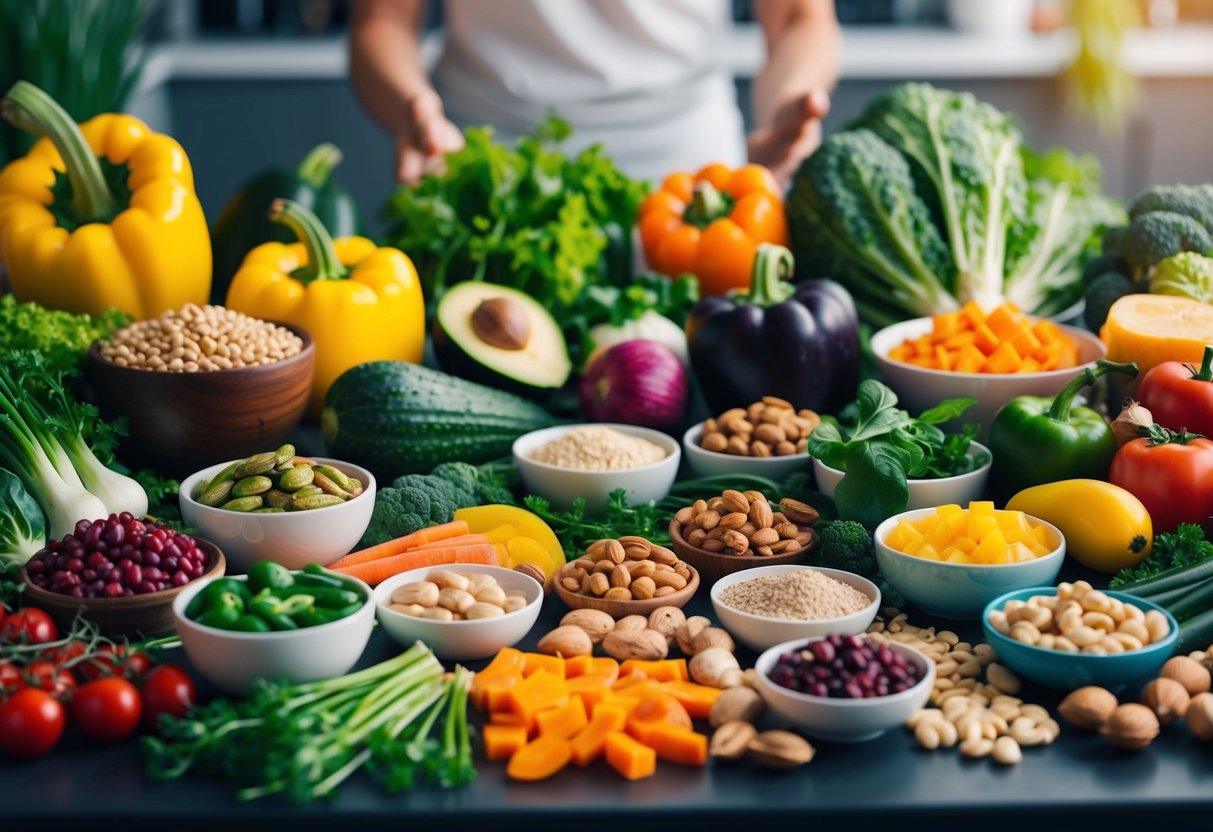
A vegetarian keto diet requires careful planning to balance macronutrients and ensure adequate micronutrient intake.
Emphasis on fats while substituting conventional protein sources can help maintain ketosis and meet nutritional needs.
Balancing Proteins, Fats, and Carbohydrates
Balancing macronutrients is crucial for a vegetarian keto diet.
Proteins can be sourced from tofu, tempeh, nuts, and seeds, offering necessary amino acids.
Seaweed and algae also provide protein while staying low in carbohydrates.
Fats should comprise the majority of caloric intake. Avocados, coconut oil, olive oil, and nuts are excellent sources of healthy fats.
These foods help maintain energy levels and support ketosis.
Carbohydrate intake should be minimized.
Leafy greens, zucchini, and cauliflower are suitable options as they are low in carbs and high in fiber, assisting digestion while keeping carb count low.
For a deeper dive into nutrition, see How to Calculate Macros for Keto: Step-by-Step.
Ensuring Adequate Intake of Vitamins and Minerals
Ensuring adequate micronutrient intake is vital.
Vitamin D can be scarce in a vegetarian diet, so fortified foods or supplements are recommended.
Calcium is typically sourced from dairy, but fortified plant milks or tofu enriched with calcium can serve as alternatives.
Vitamin B12 is another concern, as it is not naturally present in plant foods. Supplements or fortified foods are necessary.
Zinc and iron, essential for immune function and oxygen transport, can be obtained from nuts, seeds, or tofu.
Leafy greens and legumes assist with iron intake, although vegetarians might need to consume higher quantities due to lower bioavailability compared to animal products.
Plant-Based Protein Sources for Ketosis
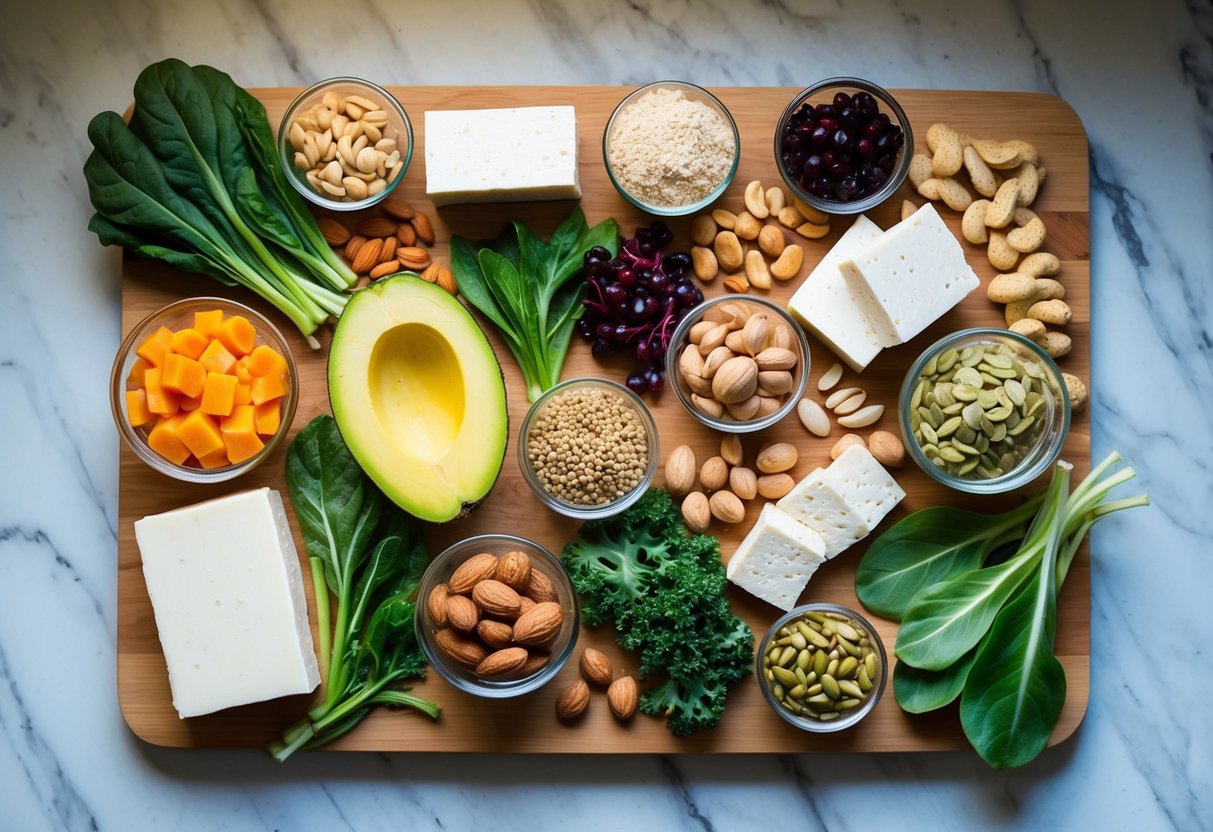
Finding suitable plant-based protein sources can be challenging for those on a ketogenic diet.
Protein is crucial, but it must be paired with low carbohydrate content to maintain ketosis.
Fortunately, there are several excellent options available.
Whole Food Proteins
Tofu and tempeh are staples among plant-based diets that can align well with keto goals.
Tofu offers a good balance of protein and fats, essential for a ketogenic diet.
Tempeh, made from fermented soybeans, has a nutty flavor and provides both protein and beneficial fiber.
Seeds and nuts are also valuable.
Chia seeds, hemp seeds, and flaxseeds are popular for their protein and high omega-3 content. Almonds and walnuts provide protein with healthy fats.
Quinoa, although slightly higher in carbs, can be included in moderation and offers all essential amino acids.
Plant Protein Supplements
Plant protein supplements are essential for those who struggle to meet their protein needs through whole foods alone.
Plant-based protein powders made from pea, hemp, or brown rice proteins are particularly popular.
These options offer a concentrated protein source, often fortified with essential amino acids.
When selecting a protein powder, it’s vital to check the carbohydrate content to ensure it fits within the ketogenic macronutrient profile.
Some protein powders may include additional ingredients that increase carb content.
Choose products with minimal additives to keep carbohydrate levels low while maintaining protein intake.
For quality plant-based protein, check out below for our recommended Plant-Based Protein Powder on Amazon.
Creating a Balanced Vegetarian Keto Meal Plan
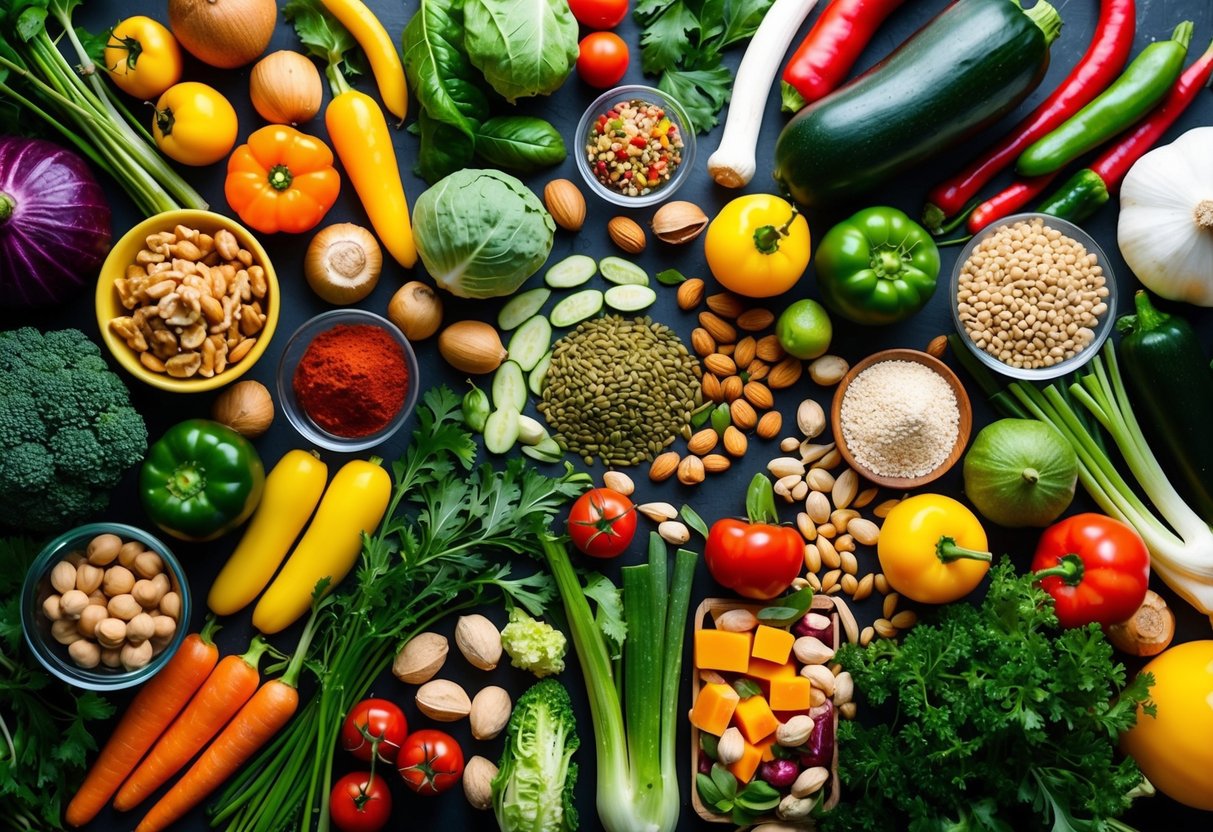
For a successful vegetarian keto diet, it’s crucial to design varied meals, incorporate healthy fats, manage carbs with non-starchy vegetables, and plan ahead.
A focus on specific strategies ensures nutrient balance and sustained energy levels.
Designing Diverse Meals and Snacks
Creating a diverse meal plan involves mixing ingredients to meet dietary needs while keeping meals satisfying.
Low-carb vegetables like zucchini, asparagus, and leafy greens form the base of meals.
Add variety and protein through nuts, seeds, and dairy products like Greek yogurt and cottage cheese.
Snacks can include zucchini noodles with cream cheese or hemp seed-encrusted avocado slices.
Combining different textures and flavors keeps meals interesting and fulfilling.
This approach prevents monotony while supporting nutritional balance.
Incorporating Healthy Fats and Oils
Ensure adequate intake of healthy fats by using oils like olive oil and coconut oil in cooking and dressings.
These oils enhance flavor and aid in maintaining ketosis.
Alternatives such as almond butter and crushed nuts add richness to dishes.
Healthy fats help sustain energy levels and optimize brain function, making them a vital component.
Choosing a variety of fat sources ensures not only taste diversity but also a comprehensive array of nutrients essential on a vegetarian keto diet.
Managing Carbohydrate Intake with Non-Starchy Vegetables
Careful management of carbohydrates is essential in a keto meal plan.
Focus on low-carb, non-starchy vegetables such as zucchini noodles, asparagus, and bell peppers.
These provide fiber and essential nutrients without surpassing carb limits.
Berries like raspberries add minor carbohydrates alongside antioxidants.
Tracking carbohydrate intake helps maintain ketosis and prevents energy dips.
Calculating the carb content of each meal supports dietary success, highlighted by the strategic inclusion of nutrient-rich vegetables in every dish.
For a fully personalized plan, consider the benefits of the Custom Keto Diet for tailored guidance.
Physical Health on a Vegetarian Keto Diet
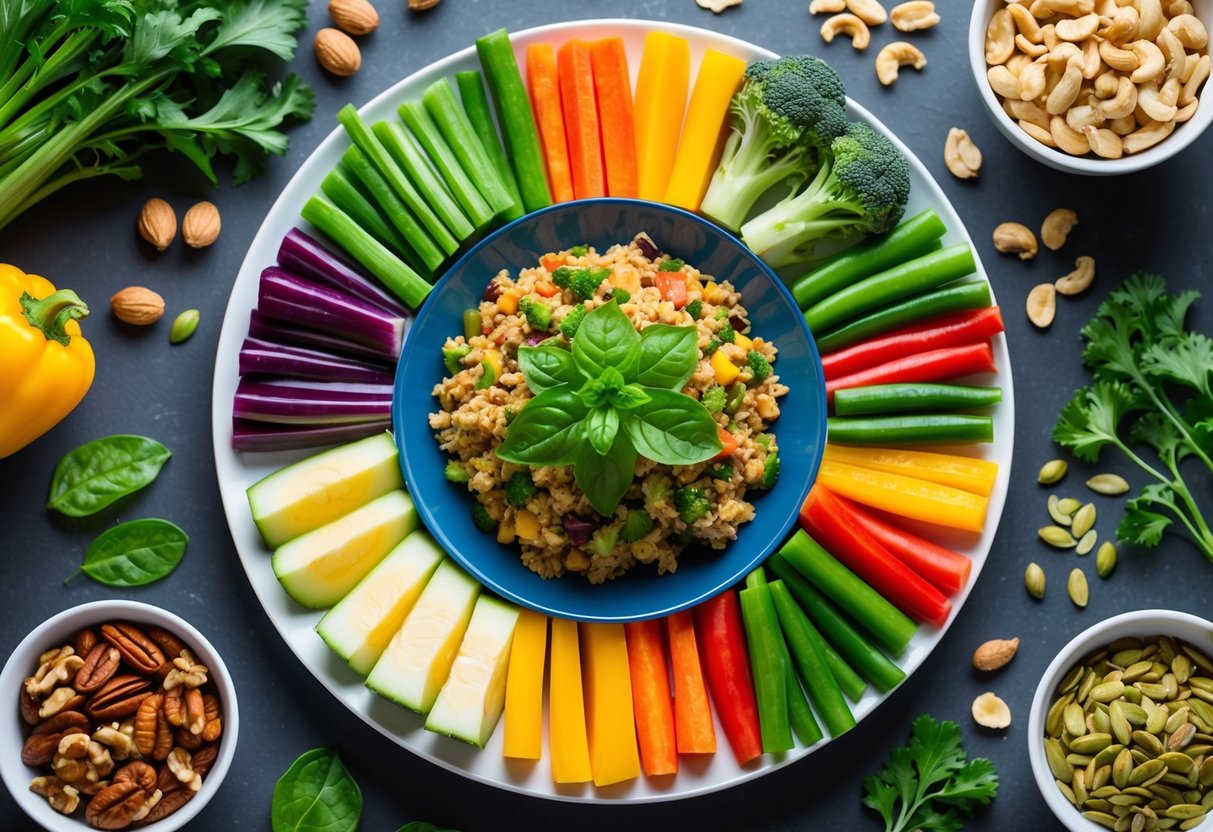
A vegetarian keto diet can contribute to weight loss, improved blood sugar control, and better heart health. These benefits may vary based on individual adherence and lifestyle choices.
Weight Loss and Body Composition
A vegetarian keto diet is known for promoting weight loss due to its structure of low carbohydrates and high fats.
This combination may enhance metabolic rate and fat oxidation.
Individuals often see changes in body composition, such as decreased body fat percentage and maintained lean muscle mass.
As the diet restricts high-carb foods like grains and legumes, caloric intake can reduce, which assists in weight management.
Consistent monitoring of macronutrient ratios helps maintain progress.
Blood Sugar Control and Diabetes Management
Following a vegetarian keto diet may improve blood sugar control and assist in managing diabetes.
The reduction in carbohydrate intake leads to lower insulin needs, stabilizing sugar levels.
The emphasis on healthy fats and limited carbs can prevent blood sugar spikes commonly linked to high-carb foods.
Vegetarians may find it helpful to include low-carb, high-fiber vegetables to enhance these effects.
Regular monitoring of glucose levels is crucial for those with diabetes.
Heart Health and Cholesterol Management
This diet can have mixed effects on heart health, particularly concerning cholesterol levels.
While some individuals experience a reduction in triglycerides and improved HDL (good cholesterol), others might see an increase in LDL cholesterol.
Focusing on heart-healthy fats from sources like avocados and nuts is important to balance these effects.
Regular check-ups and lipid panels are recommended to keep cholesterol in check.
Consuming Omega-3 rich foods like chia seeds and flaxseeds can also be beneficial.
Long-Term Sustainability and Tracking Progress
Maintaining the diet long-term requires careful planning to prevent nutritional deficiencies, particularly with essential nutrients like B12, iron, and calcium.
Regular consumption of varied plant-based foods ensures balanced nutrition.
Tracking progress through regular health checks and logging food intake helps in staying on course.
Using tools like apps or food diaries assists in monitoring macronutrient distribution and adherence to dietary goals.
Adjustments in the diet plan can be made based on progress and health outcomes.
Practical Tips and Considerations
When adopting a plant-based ketogenic diet, it’s vital to stay informed and aware of nutritional needs, social implications, and potential challenges.
Ensuring a balanced approach helps in maintaining health and motivation.
Avoiding Common Nutritional Deficiencies and Solutions
A vegetarian or vegan ketogenic diet can sometimes lead to nutrient deficiencies.
Typical challenges include getting enough vitamin B12, iron, omega-3 fatty acids, and protein.
Supplementation and strategic food choices are key.
For vitamin B12, fortified foods or supplements are essential.
Iron can be obtained from spinach, lentils, and seeds, but consider pairing with vitamin C-rich foods to enhance absorption.
Omega-3s can be sourced from flaxseeds, chia seeds, and walnuts, or through algae supplements.
For protein, focus on tofu, tempeh, and hemp seeds.
Handling Social Situations and Dining Out
Navigating social settings on a plant-based ketogenic diet requires preparation.
Researching restaurant menus in advance can help identify suitable options.
Communicating dietary preferences to hosts allows for better accommodation.
Choose dishes that emphasize healthy fats and low-carb vegetables.
Request meals without high-carb ingredients like bread or pasta, and ask for extra vegetables or a side of avocado.
When dining out, salads with olive oil dressing, avocado, and nuts are often good bets.
Overcoming Common Challenges and Maintaining Motivation
Staying motivated on a vegetarian or vegan ketogenic diet involves overcoming initial hurdles such as the keto flu and limited meal ideas.
Energy dips, often known as the keto flu, can be mitigated by maintaining hydration and electrolyte balance.
Exploring new recipes and meal-prepping can keep daily meals exciting.
Engaging with online communities or support groups offers motivation and new ideas.
Focusing on the keto lifestyle benefits, such as improved energy and concentration, can also help sustain motivation.
Remember, a customized plan like the Custom Keto Diet can help you navigate these challenges seamlessly.
Frequently Asked Questions
A vegan or vegetarian ketogenic diet requires careful planning to maintain nutrient balance and support weight loss goals.
Ensuring adequate protein and fat intake is crucial, while incorporating a variety of plant-based foods can help achieve nutritional needs.
What does a vegan ketogenic diet involve?
A vegan ketogenic diet emphasizes a high-fat, low-carb approach while excluding all animal products.
It requires replacing typical carb sources with ones like non-starchy vegetables, nuts, and seeds.
To successfully follow this diet, individuals need to focus on consuming healthy fats and plant-based protein sources to maintain ketosis.
How can vegetarians or vegans ensure adequate protein intake on a keto diet?
Vegetarians and vegans can ensure adequate protein intake by incorporating high-protein plant-based foods like tofu, tempeh, edamame, nuts, seeds, and certain protein-rich vegetables.
Additionally, they can use plant-based protein powders if necessary.
It’s vital to plan meals carefully to achieve sufficient daily protein intake without exceeding carb limits.
What are some essential foods to include on a plant-based ketogenic food list?
Essential foods for a plant-based ketogenic diet include non-starchy vegetables, avocados, nuts, seeds, coconut oil, and olive oil.
Full-fat dairy (for vegetarians) and plant-based proteins like tofu and tempeh should also be included.
These foods help provide necessary nutrients while maintaining low carbohydrate levels.
What are some common plant-based sources of fat for a ketogenic diet?
Common plant-based sources of fat include avocados, coconut oil, olive oil, nuts (such as almonds and walnuts), seeds (like chia and flaxseed), and nut butters.
These fats play a significant role in meeting the high-fat requirements of a keto diet and help maintain energy levels.
How can one create a balanced 7-day vegan keto meal plan?
Creating a balanced 7-day vegan keto meal plan involves selecting a variety of plant-based fats and proteins and including plenty of low-carb vegetables.
Planning meals ahead of time helps ensure nutritional needs are met while staying within carb limits.
Use versatile ingredients to maintain diversity and prevent meal fatigue.
Can a vegan or vegetarian ketosis diet lead to rapid weight loss, such as losing 20 pounds quickly?
A ketogenic diet can lead to weight loss, but the rate varies by individual and depends on factors like metabolism and adherence to the diet.
Rapid weight loss, such as losing 20 pounds quickly, may not be sustainable or healthy for everyone.
It’s crucial to focus on a balanced approach for long-term success.
Conclusion
A plant-based ketogenic diet can offer diverse benefits for those committed to vegan or vegetarian lifestyles. It allows individuals to enjoy the weight management and metabolic advantages of keto while adhering to their plant-based principles.
This lifestyle focuses on high-fat, moderate-protein, and low-carbohydrate meals.
Foods often include tofu, tempeh, nuts, seeds, and avocado.
Adopting a vegan or vegetarian keto diet requires strategic meal planning. It involves sourcing adequate nutrients like vitamin B12, omega-3 fatty acids, and proteins to maintain health.
Monitoring macronutrient intake is crucial.
Vegetarians may include eggs and dairy, while vegans need to be more cautious with protein sources.
Seitan and faux-meat options can be alternatives, but they require scrutiny of labels to avoid hidden carbohydrates.
Potential challenges include energy levels during workouts. Adjustments can help maintain energy, such as timing carb intake before exercise.
Combining benefits of keto and plant-based diets can yield positive outcomes. It can boost energy, support weight loss, and foster overall health when executed mindfully.
Incorporating diverse, nutrient-rich foods ensures long-term sustainability of this diet.
This harmonized approach aligns with both dietary philosophies and health goals.
For a more personalized approach, click the button bellow for the Custom Keto Diet and start your transformation today.

